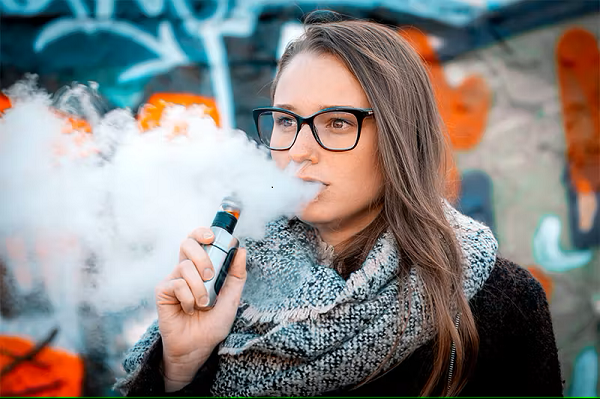Three senators from both parties have written to FDA Commissioner Robert Califf, pleading with him to overhaul the agency's application procedure for tobacco products and providing further details on the FDA's strategy for regulating nicotine products.
Senators Ted Budd (NC) and Rand Paul (KY), both Republicans, and Senator Joe Manchin (WV), a Democrat, have signed the letter dated December 13.
While the senators correctly point out that the FDA has demonstrated its inability to meet review deadlines and has only authorized a small number of non-combustible nicotine products, they also note that the Tobacco Control Act requires the FDA Center for Tobacco Products (CTP) to review and decide on premarket tobacco product applications (PMTAs) and modified risk tobacco product (MRTP) applications within 180 days.
More than 26 million premarket tobacco product applications (PMTAs) have been filed for new tobacco products in the United States since 2009, according to what they write. Less than 50 of the 26 million applications have been approved by the CTP. It is noteworthy that out of all of these, only sixteen Modified Risk Tobacco items (MRTPs) have been approved for a mere four distinct items and their accessories. This extremely low permission percentage is inconsistent with the CTP policy, which recognizes that there is a continuum of risk associated with tobacco products. For smokers who now use riskier products, the availability of approved, scientifically proven PMTAs or MRTPs may enhance health outcomes.
Only seven e-liquid-based vaping devices have been approved for sale in the United States by the FDA since the agency was given the ability to regulate vaping items in 2016.
The senators ask Califf a number of questions after citing the Reagan-Udall Foundation report from December 2022, which said the CTP has mainly failed as a regulator:
- Does the agency give priority to reviewing PMTAs or MRTPAs, and if yes, how is the CTP applied in that process of prioritization?
- Do you think there should be a prioritizing plan if the FDA does not give its review of PMTAs or MRTPAs priority?
- Certain items that have the potential to improve public health can be subject to accelerated review under FDA initiatives implemented in other Centers (such as breakthrough designation). Has the CTP thought about incorporating this idea into its tobacco product evaluation program, and if so, how?
- Does the CTP support the supplemental PMTA procedure? If yes, how is the organization promoting its usage and putting plans in place to speed up the decision-making process for supplemental applications?
- What steps is the FDA taking to educate the public about the variations in risk between product categories and to persuade smokers to transition to less hazardous products, in light of its recognition of a continuum of risk in nicotine-containing products?
- When determining whether a PMTA product is "appropriate for the protection of public health," the CTP considers how likely it is that the product will encourage adult smokers to completely give up smoking or significantly cut back on their usage of combustible cigarettes. What particular scientific standards does the CTP take into account while making this judgment, and how does it balance or evaluate each one to arrive at a final conclusion?
- Does the CTP employ any standards to decide whether to give applicants a chance to fix any errors in their applications before making a Refuse to Accept (RTA) decision? If yes, what are the requirements?
- The FDA was recently urged to define premium cigars in an essay published by the Society for Research on Nicotine and Tobacco. The report claimed that the FDA's inability to do so had hindered it from allocating sufficient resources to more dangerous categories of tobacco products. Does the FDA support this strategy of creating a distinct category for high-end cigars in order to encourage research and regulation that is suitable for the risks involved?
Within 30 days, the senators want Commissioner Califf to answer to their inquiries.
Only seven e-liquid-based vaping devices have been approved for sale in the United States by the FDA since the agency was given the ability to regulate vaping items in 2016. No single bottled e-liquid, refillable vape product, or product in any flavor other than tobacco has received marketing authorization from the government.






